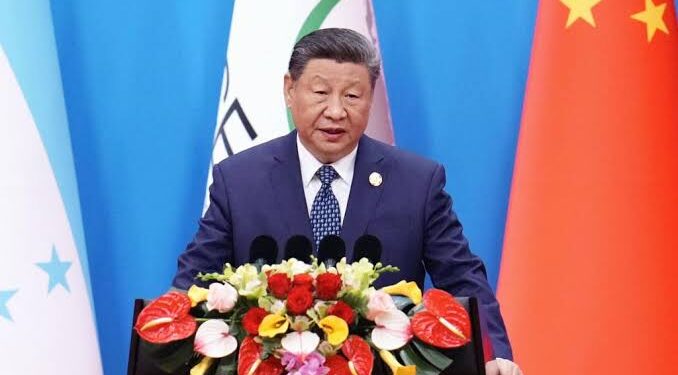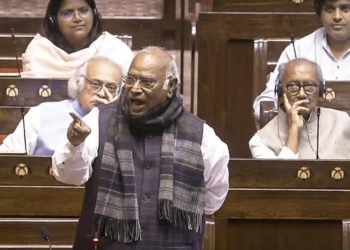China has pushed back strongly against US President Donald Trump’s latest threat to impose additional tariffs on countries aligning with what he deems “anti-American” BRICS policies, warning that economic coercion only deepens global divisions.
Responding to questions at a press briefing on Monday, Chinese foreign ministry spokesperson Mao Ning said,
“Trade and tariff wars have no winners. Protectionism offers no way forward.”
The reaction comes in the wake of the BRICS 2025 Summit held in Brazil, where the 10-member bloc — including China, India, Russia, Brazil, and South Africa, among others — condemned the US-Israeli airstrikes on Iranian military and nuclear sites as “illegal.” The declaration, though diplomatic in tone, sent a clear message critical of Western unilateralism.
In retaliation, Trump had warned of a 10% additional tariff on any country backing BRICS’ “anti-American” stance, and claimed that tariff imposition letters to 12 countries were already “signed and ready,” to be issued at 12 PM EST on Monday.
China, however, made it clear that BRICS is not seeking confrontation, calling instead for stability and international cooperation.
“Tariffs as political weapons serve no one. China firmly opposes using trade tools for coercion,” Mao added, reinforcing Beijing’s consistent stand against economic bullying.
BRICS Hits Back at the West
The Brazil-hosted summit marked one of the bloc’s strongest collective criticisms of US foreign policy in recent years. The joint declaration didn’t mince words when condemning both the Iran strikes and the “indiscriminate rise in tariffs,” warning that such moves threaten global supply chains and economic balance.
The bloc also addressed wider geopolitical tensions, including the Israel-Gaza conflict and a deadly terror attack in Pahalgam, Jammu & Kashmir, reinforcing calls for a global consensus on terrorism and conflict resolution.
Prime Minister Narendra Modi, speaking at the summit, emphasized the “double standards” in global counter-terror policies, and urged greater sensitivity towards security concerns in the Global South.
What’s Next for Global Trade?
Trump’s latest move comes as the US nears the end of a temporary tariff pause first announced on April 2, after a sweeping revision of trade duties triggered backlash and frozen deals worldwide. That pause, originally for 90 days, was extended until July 9.
With his re-election campaign heating up, Trump’s rhetoric on trade appears aimed at rallying support among protectionist voter blocs, even as critics warn it could backfire on diplomatic fronts.
As the clock ticks down to the tariff deadline, global markets and governments alike brace for what could be the next phase of US–BRICS economic decoupling — one that may have far-reaching consequences beyond the tariff sheets.





























